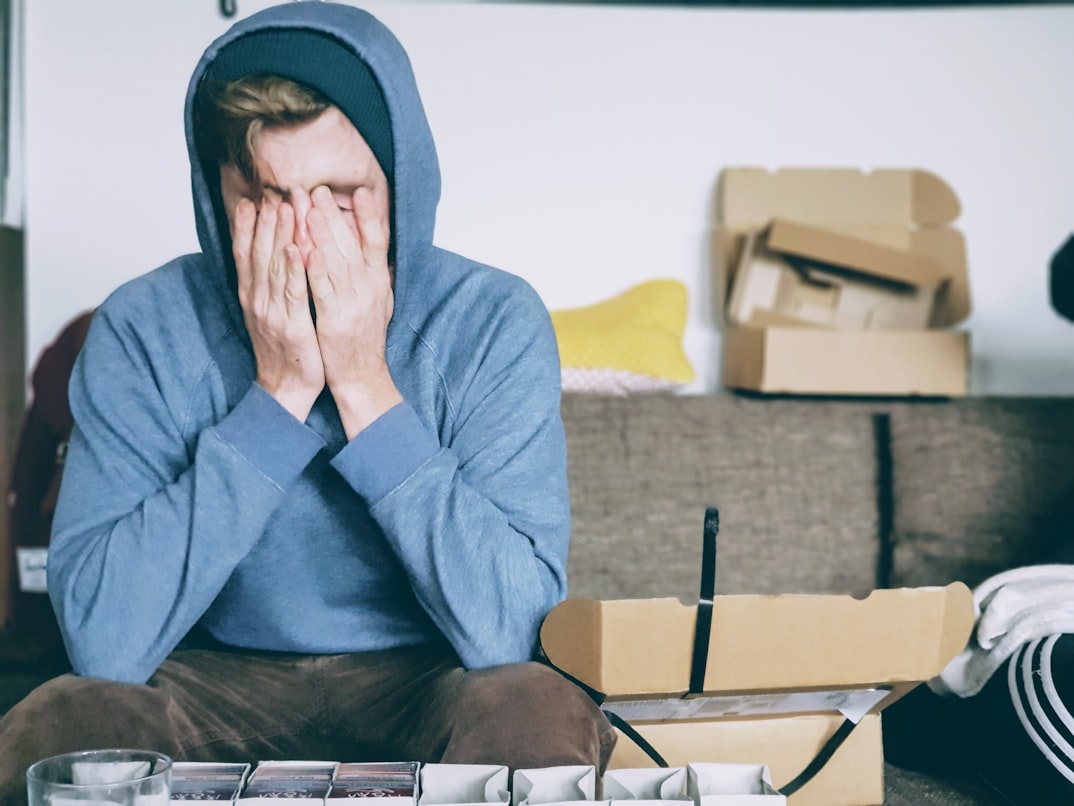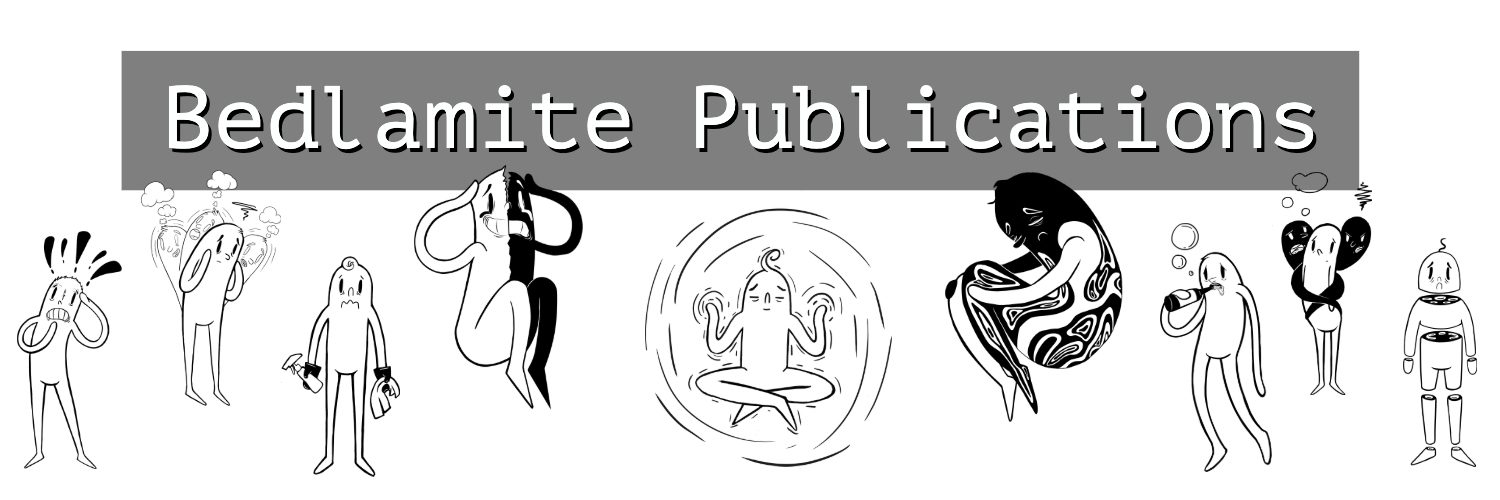An anxiety attack is a non-medical term used to the fear a person feels when they believe something bad is going to happen. While anxiety attacks tend to present themselves through worry and restlessness, people may also experience physical symptoms. Still, these feelings remain a mystery to many, leaving them with the question, “What does an anxiety attack feel like?”
Throughout this article, we’re going to answer this question while also going over specific symptoms and their differences to panic attacks. At the end, we invite you to ask further questions.
What is an Anxiety Attack?
An anxiety attack is defined as an episode (or a surge) in overwhelming panic. Many people describe the feeling as though they’re losing control or going crazy. In extreme instances, a person may even feel like they’re going to pass out.
While everyone is susceptible to having an anxiety attack, it’s most prevalent in those with an anxiety disorder. ¹
Most of the time, an anxiety attack is triggered by something. For example, someone with a social anxiety disorder may experience an attack in a social setting. Or someone with post-traumatic stress disorder (PTSD) will experience an attack when reminded of their trauma.
While the experience of an anxiety attack varies from person to person, most will feel a similar set of symptoms.
What Does an Anxiety Attack Feel Like Mentally?
The most notable symptoms of an anxiety attack occur mentally:
- Dizziness (lightheadedness)
- Feeling detached or unreal
- Insomnia
- Overwhelming sense of panic
- Sensations of passing out
Some people have described these symptoms as though they’re losing control or are going to die.
What Does an Anxiety Attack Feel Like Physically?
Alongside mental symptoms, you may also experience the following physical symptoms:
- Difficulty breathing or choking sensation
- Frequent urination or diarrhea
- Heart palpitations or chest pain
- Hot flashes or chills
- Hyperventilation
- Muscle tension or twitches
- Nausea or stomach cramps
- Trembling or shaking
Some people have described these symptoms as though they’re having a heart attack.
Long-Term Health Consequences
A 2015 study found that those who struggle with anxiety and depression are more at risk of the following health conditions: ²
- Asthma
- Back problems
- Heart problems
- Migraines
- Ulcers
- Vision problems
For these reasons, it’s important to seek out treatment if you frequently experience anxiety attacks.

How Long Does an Anxiety Attack Last?
Typically, an anxiety attack will last no more than 30 minutes, with a peak occurring around 10 minutes or so. Many people have reported that the most intense symptoms usually occur halfway through the attack. However, this timeframe doesn’t detail the build up of anxiety that can lead to an attack.
While it differs with everyone, anxiety holds the potential to build up for hours or even days before an attack. Due to this, many psychologists recommend treating anxiety itself in order to help curb further attacks. It’s worth mentioning that multiple attacks may happen in a row and therefore, lasting longer than 30 minutes. ³
Furthermore, you may feel some symptoms lingering after an attack, such as shakiness or sweating. While these symptoms will subside, it’s likely they can cause further discomfort for a few hours after you experience an anxiety attack.
Anxiety Attack vs. Panic Attack
An anxiety attack and panic attack are often categorized as the same, but there are a number of differences. For example, a panic attack may produce the following symptoms: ⁴
- Chest pain
- Dizziness or lightheadedness
- Hot flashes or chills
- Nausea (potentially vomiting)
- Numbness or tingling in the extremities
- Racing or pounding heart
- Shaking
- Shortness of breath
- Stomach pain
- Sweating
While some of these symptoms overlap with those of an anxiety attack, the cause of these symptoms is the key difference. An anxiety attack has a trigger whereas a panic attack will usually come out of nowhere.
How to Calm an Anxiety Attack
In order to develop the right coping mechanisms for anxiety attacks, you may need to experiment with a few to find what’s right for you. Here are a few tips:
- Avoid Caffeine – Many studies have found caffeine causes anxiety. If it becomes a regular habit over time, you may forget how sensitive you are to it. ⁵
- Develop a Support System – It’s incredibly helpful to have others to talk to, especially if they experience anxiety as well. Furthermore, it’s in your best interest to speak with a mental health professional.
- Exercise – When it comes to anxiety, exercise can help to get rid of that “extra” energy we carry around. This is especially true if our exercise is geared outdoors. One study found that those who walk in wooded areas tend to produce less stress hormones. ⁶
- Keep a Journal – When you experience an anxiety attack, it may help to write down the negative feelings you’re experiencing. Some studies find this can help reduce stress. Furthermore, it may help you understand what triggers an anxiety attack. ⁷
There are other ways of reducing stress and anxiety, such as holistic supplements, that are likely to interest you. We highly recommend seeking these out while you develop a treatment plan for your anxiety attacks.

Final Word
While experiencing an anxiety attack is frightening, it is possible to manage them. The most important step is understanding your triggers and, from there, work to overcome them. Through this, you can use the coping mechanisms you develop in order to continually ease overall stress and anxiety.
If you’re having a lot of trouble handling anxiety attacks, we highly recommend speaking to a mental health professional.
Your Questions
Still have questions about what an anxiety attack feels like?
We invite you to ask them in the comments section below. If you have any further knowledge to share – whether personal or professional – we’d also love to hear from you.
Reference Sources
¹ National Institute of Mental Health (NIMH): Anxiety Disorders
² Journal of psychosomatic research: Anxiety and depressive symptoms and medical illness among adults with anxiety disorders
³ StatPearls [Internet]: Panic Disorder
⁴ National Institute of Mental Health (NIMH): Panic Disorder: When Fear Overwhelms
⁵ Current Neuropharmacology: Caffeine: Cognitive and Physical Performance Enhancer or Psychoactive Drug?
⁶ Environmental Health and Preventive Medicine (BMC): Effect of forest bathing trips on human immune function
⁷ Harvard Health Publishing (Harvard Medical School): Writing about emotions may ease stress and trauma

